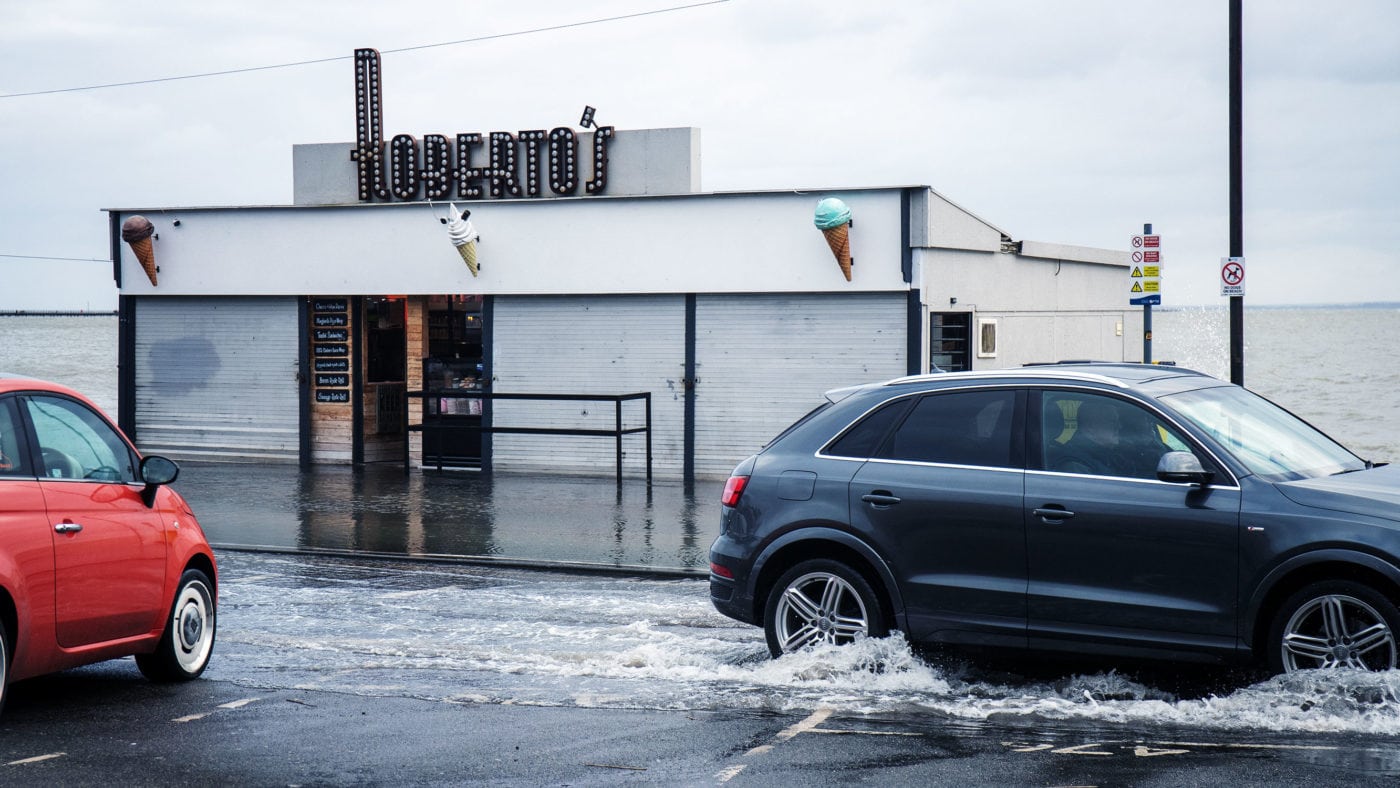In the UK, climate anxiety is now a majority sport: around 90% of British adults are concerned about it, and three fifths say climate change is either one of or the single most pressing issue facing the country; 70% expect it to make flooding and fires more frequent. Polling and focus groups conducted by my company. Public First, make clear that an increasing number of voters are already experiencing the physical impact of climate change.
That people are worried is no great surprise, given that last year was the warmest on record; more than 3,000 people died in last summer’s heatwave and projections suggest that figure will more than double by 2050. For politicians, failure to keep up with this evolving reality will doubtless mean lost votes.
So far the political debate on climate change has tended to focus on how to stop it happening. That is important, because the current projections still show quite a big difference between best and worst case scenarios. But we also need to talk more openly about managing its effects – not just about stopping them from getting worse. When 66% of Red Wall voters think that climate change will be responsible for flooding and fires (as is already the case in some areas), no savvy politician should admit they have not prepared for that eventuality.
Floods are perhaps the biggest risk to our homes and infrastructure: Average UK sea level has risen by around 17cm since 1900, while winter rainfall has increased, making flooding more frequent. Summer rainfall has become more concentrated and sudden, meaning we face the double-whammy of droughts and flash-flooding in the south-east of England. According to some estimates, the costs of major floods will increase by billions of pounds by 2050, with coastal communities and those on flood plains feeling the pain both in increased insurance payments and their own repair bills as direct costs to homeowners almost double.
An increase in heat deaths, on the other hand, will likely be concentrated in urban communities – especially those that lack green infrastructure such as parks and street trees.
The concentrated geographical nature of both flooding and heat deaths makes them potent topics for marginal seat battles across the country. What’s more, the combination of melting roads and rails with regular flash flooding is bound to set alarm bells ringing in the Treasury. Again, that suggests policymakers should be thinking hard about adaptation to climate change, as well as prevention.
So why aren’t we already doing more on climate adaptation? There are three main reasons: denial, distractions and boring ‘machinery of government’ problems. Unfortunately there really is no room to kick the can any further down the road. Negotiating Brexit and fighting the pandemic may have been the urgent tasks of the past decade, but climate change will be the context of every decision for the next century, and we must now make serious preparations to increase national resilience.
That includes food security, which was already rising up the agenda post-Brexit. Changing weather patterns are already causing havoc for farmers. Just look at the now annual battle over neonicotinoid pesticides. These chemicals were banned because of concerns about their impact on bees, but due to a series of increasingly warm winters the Government has recently had to give emergency authorisation for farmers to use them, or face losing key British crops.
None of this relies on a belief in climate change being created by humans. Surely even the most hardcore of the anti-net zero brigade can get behind efforts to save sinking villages and little old ladies dying of heatstroke.
But the blunt truth is that there isn’t really a notable cheerleader for adaptation in government: as a policy area it sits in the Department for Environment, Food and Rural Affairs (Defra), which means no one really pays it any attention. Except it is now painfully clear that this isn’t just a rural issue, but a matter of national security. Rather than being hived off to one of the smaller government departments, we surely need a dedicated minister for climate adaptation, with a cross-departmental taskforce drawn from the Treasury, DLUHC, BEIS, Defra and the Ministry of Defence.
As our polling makes clear, since the pandemic the public expect politicians and policymakers to be prioritising national resilience. That should clearly encompass threats from the changing climate, as much as deadly diseases and wars. Politicians need to show voters that they are on the case.
Click here to subscribe to our daily briefing – the best pieces from CapX and across the web.
CapX depends on the generosity of its readers. If you value what we do, please consider making a donation.


